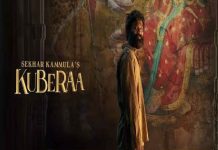Y.Sunita Chowdhary
Siva Ananth has taken a much needed break after wrapping up Addham. The film is all set to stream on AhA on the 16th October; the anthology series has three stories all written by him and he directs one of them. He is said to be having lots of stories with him and as his producer of this film says, it is difficult not to like any of them. A writer is one who puts down everything that comes into his head but Siva can judge his own stuff’s worth and is also open, okay allowing directors to make changes to his script if he thinks it helps the story. They spotlight a certain devotion and openness which are necessary to achieve writing greatness and balance. He is well read, has impressive credentials and primarily works with Mani Ratnam. Here he tells Klapboardpost.com, the meaning of the title Unwhisperable Secret and what inspired him to write this tale.
You are a writer, lyricist, executive producer, actor…which of the roles do you slip into easily and what gives you the most happiness?
I do not have the courage to call myself an actor!!!
If I am honest, and I don’t try to sound clever, the straightforward answer would be that writing gives me the most happiness. Though working with many other brains while playing the EP role is quite invigorating, creating new characters as a writer and being solely responsible for their actions and words is a lot more fun.
How do you balance the business aspect of cinema with creativity?
I think they both go hand in hand. If an artist can define the platform on which he//she is going to perform, that would make everything easy. Being aware of the business end makes a creative person stronger, I feel. It is the people management side that needs to be constantly honed to accommodate all team members in all projects.
There are a lot of films on Netflix and other platforms made by youngsters, newcomers. As a writer with such experience, do you see potential, talent or is there a lot of mediocrity in the scripts being dished out in the social media?
I am not merely hopeful – I am eagerly waiting for the new kids to knock the ball out of the park; the time is ripe for the young talents to rip apart all rule books and deliver knockout punches..
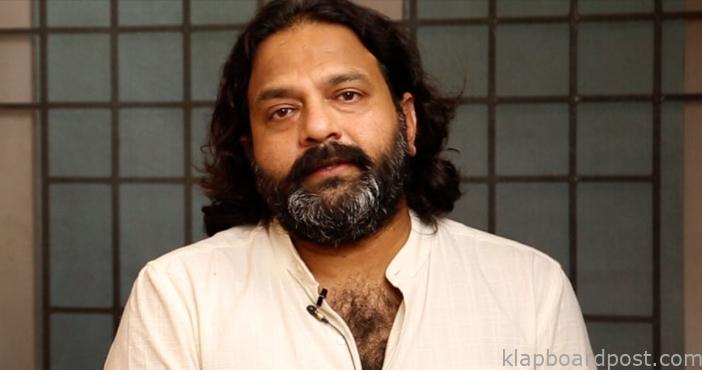 You worked in big movies and the sudden shift in writing 20 minute stories must have been very easy right?
You worked in big movies and the sudden shift in writing 20 minute stories must have been very easy right?
Well, not really. Each story should receive the respect it deserves in terms of time and devotion, irrespective of the scale. I can say I enjoyed working on these stories as much as anything I have done so far.
Is it necessary that in an anthology all stories have to be connected by a common point? Can there be a vast difference in genres in an anthology or will the mix appear a bit weird?
Even if the common thread connecting the stories is invisible, it will be more fulfilling for all stories in an anthology to hint at one singular idea seen from various perspectives. I am sure it is possible to make completely contrasting films and yet have a subtle philosophical connect to make them come under one sky.
 Was it challenging to write short stories during lockdown or did it give you a nice space to re-work on them? How flawed are the characters in the film that you have directed? Is it possible to make heroes out of such characters i.e make them look agreeable to society?
Was it challenging to write short stories during lockdown or did it give you a nice space to re-work on them? How flawed are the characters in the film that you have directed? Is it possible to make heroes out of such characters i.e make them look agreeable to society?
It was therapeutic to write during lockdown. It gave me, and the whole team, a sense of purpose to share and discuss ideas while battling the pandemic in our day to day life.
Because these stories are not made for the big screen, they don’t adhere to the hero-villain blueprint. I think all these characters are like all of us – with nothing especially heroic, but nothing evil either.
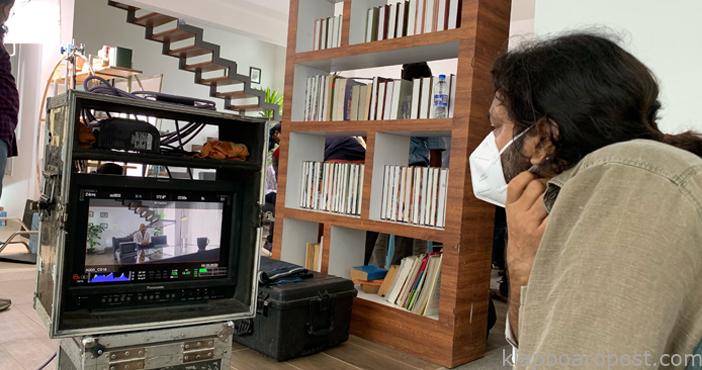
Addham deals with ordinary people dealing with situations that pose them moral questions. The route they decide to take might define their moral fibre and the point when they decide to go left or right is the moment we are trying to capture in these films.
A secret is always kept silent, or is conveyed in whisper, so what is an ‘unwhisperable secret?
An unwhisperble secret is a secret you wish you could talk about; but something, perhaps a lump in the throat, is not allowing you to even whisper it out. Some of us have pages from our past that we don’t want to reopen but there is no way to bury those parts for good unless they are resolved through direct enquiry. This story talks about one such moment that reopens sad memories, and eventually turns into an opportunity to heal those very wounds.
Out of the three stories you had written, you picked this one…so do we say that is your favourite?
I am not that selfish! HAHA.
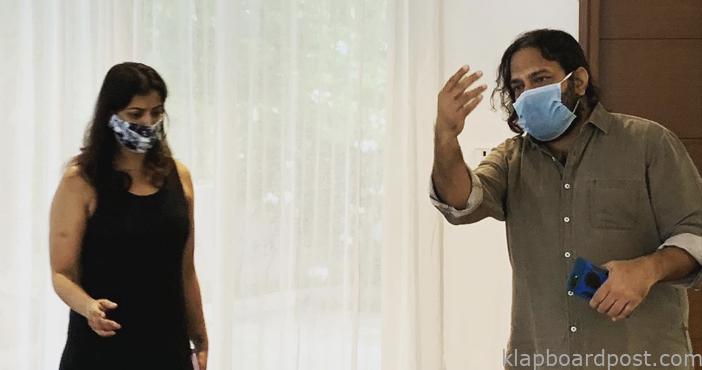
All three stories are close to my heart and I wanted three different directors to make them. We had even spoken to another friend of mine to shoot this story. Because of the restrictions they could not travel. And we had to shoot only on certain dates. So it was decided that I will have to direct one of the films.
It is an inward looking film and the drama in this story is a little less visible than the other two. So it felt appropriate that the writer should direct this story, and it suited the team.
I could have directed any of the three. Or, preferably, worked with three different directors to see their interpretation of my ideas.
Where did you draw inspiration from for this particular story you have directed?
Like everybody else, in my own way. I have dealt with guilt, anger, melancholia and searched for closure. Every time I go adrift, I come back to the shores only by turning to empathy. More than retribution, only forgiveness – both towards others and to yourself – makes the emotional waters less murky.
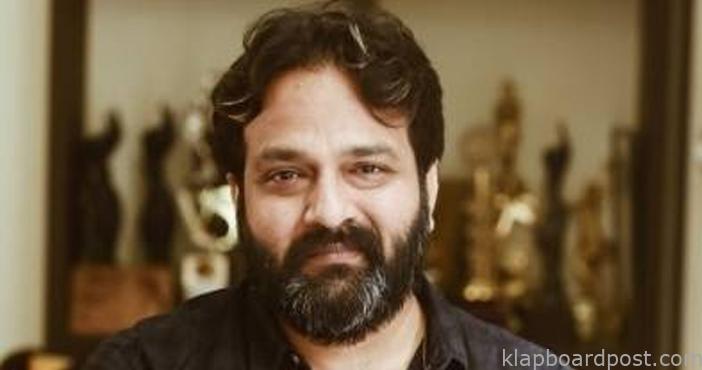
This story is about a choice a professional mental health counsellor makes, that eventually helps her heal as well.
The working experience with the very resourceful Sujatha and Devasena…What difference did they bring to your story?
Sujatha and Devasena have been known to be for a long time. I can take the liberty to call them my friends, even. Besides their professionalism I have always respected them for their commitment to making the best of everything at their disposal. Be it the financial resources or the talent pool, they strive hard and put in their best efforts to maximise the good elements for the benefit of the project. This means they take care of the creative and personal needs of the people in the mix, and also do their best to bring to the table any other element needed to maintain the artistic integrity of what they are producing.
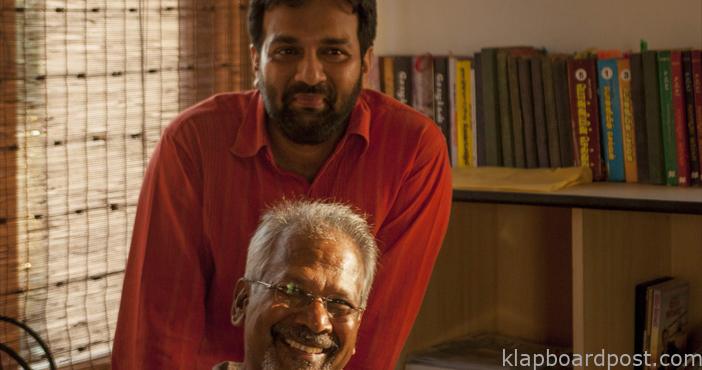
They initially heard the stories as ideas, then as short narratives and eventually read them as fully fleshed out screenplays with shot division. At every stage they wanted to ensure that the writing and the execution retained the soul that attracted them to the ideas in the first place. Besides this, they created a wonderful working atmosphere where we all felt secure and supported throughout.
You are currently in Europe for which project?
My wife Stefanie is from Vienna. We hadn’t seen each other since the lockdown started. So this is purely a personal visit.
You are disillusioned with Telugu cinema? After Chukkalo Chandrudu, you didn’t get associated with any films here…
Telugu cinema is my second home and I follow the films much more closely than you can imagine. I am still grateful for having made a film in Telugu. Every time I speak to my friends in Hyderabad or when I visit the city – both happen very often – new plans to make another film in Telugu keep cropping up. I am sure they will all be realised soon. It gives me immense satisfaction to see Addham coming out now. It feels natural and comfortable and appropriate to see these characters speak Telugu.










